When you’re dreaming up a brand new D&D character, whether you’re using a character creator tool or filling out the character sheet yourself, there’s all sorts of things to consider. You’ve got a race and class to pick. Then you’ve got to come up with a background and a convincing fantasy name. (Don’t forget that last part, or you’ll be stuck as Flenjamin all campaign). And, crucially, to determine your character build, you’ve gotta grapple with DnD stats.
D&D character creation can be a confusing process at first, it becomes much easier once you understand DnD stats. In fact, some fans would argue that this is the best place to begin. Dungeons and Dragons has six stats or ability scores, numerical values that describe each character’s mental and physical abilities and determine what they can do. If you’re at all familiar with tabletop RPGs, or have played an RPG video game before, you’re probably aware of at least a couple of them.
The six D&D stats are: Strength, Dexterity, Constitution, Intelligence, Wisdom, and Charisma. In D&D, every character has an ability score for each stat, and this determines a modifier, a number that you add or subtract to all kinds of rolls.
Once you’ve read this guide, you’ll know exactly what each of these ability scores means, and which stats are important for your chosen class.
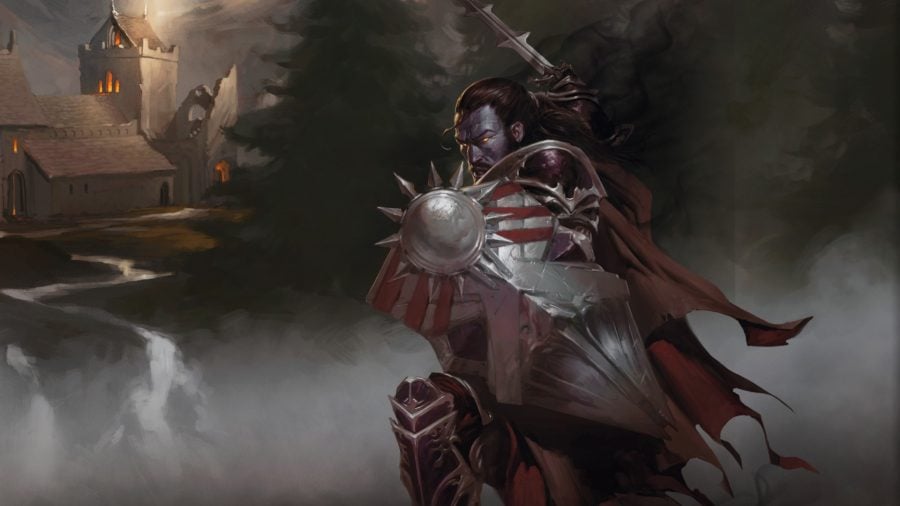
The six D&D stats
As you now know, the six D&D ability scores are:
Strength
Is your character mighty as an ox, or do they struggle to carry their shopping back from the magic item store? The Strength stat determines how strong your character is (you probably didn’t need a high Intelligence to know that). It also determines how much you can carry. You’ll use it for breaking down doors or moving heavy obstacles.
Stuff to smash: The best D&D monsters
Strength is an important ability score if you want to perform great physical feats, and is usually a key stat for a Barbarian, Fighter, or Paladin. Strength is very important if you’re often attacking with melee weapons, as your Strength modifier is added to your attack rolls and damage rolls, impacting how accurately, and how hard, you can hit things.
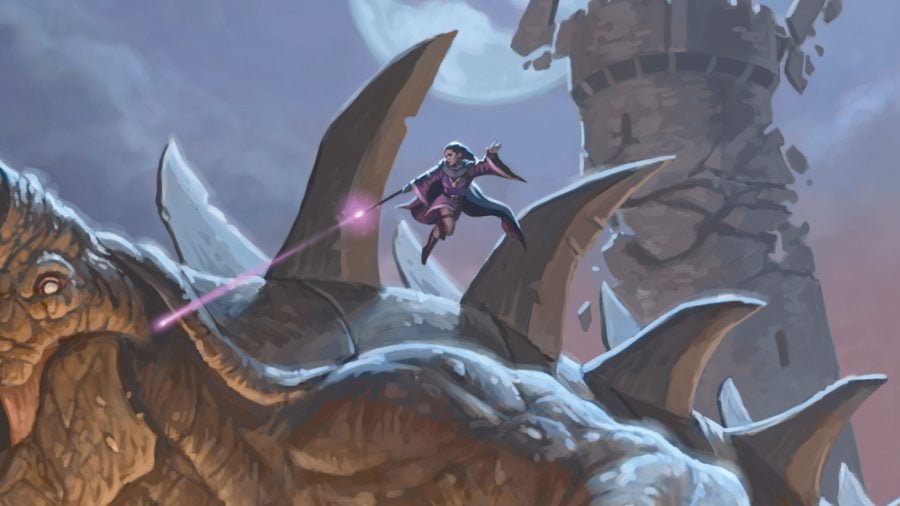
Dexterity
Can your character matrix roll out of the path of a crossbow bolt, or do they trip over their own feet? Dexterity determines how agile your character is and how good their reflexes are. You’ll use it for sidestepping traps and hiding from foes.
Is Dexterity OP? It certainly has a lot of benefits
You add your Dexterity modifier to attack and damage rolls made with ranged weapons (and Monks use the stat for their unarmed attacks) so it’s an important stat if you want to use a bow. Hiding and performing sleight of hand tricks is also Dex-dependent. This is not just a key stat for a Ranger, therefore, it’s also a crucial one for Rogues. That’s not all Dexterity is good for, either. If you’re wearing Light or Medium armour, you’ll add all or some of your Dex modifier to your AC, to indicate how good you are at dodging.
Your initiative (combat order) is also decided by Dexterity. And we’re still not done; there are also certain ‘finesse’ weapons like daggers and rapiers that can use Dexterity to determine damage and hit chance, instead of Strength. So most Fighters will also want a high Dexterity score. With so much riding on it, it’s easy to see why some players think Dexterity is an OP stat!
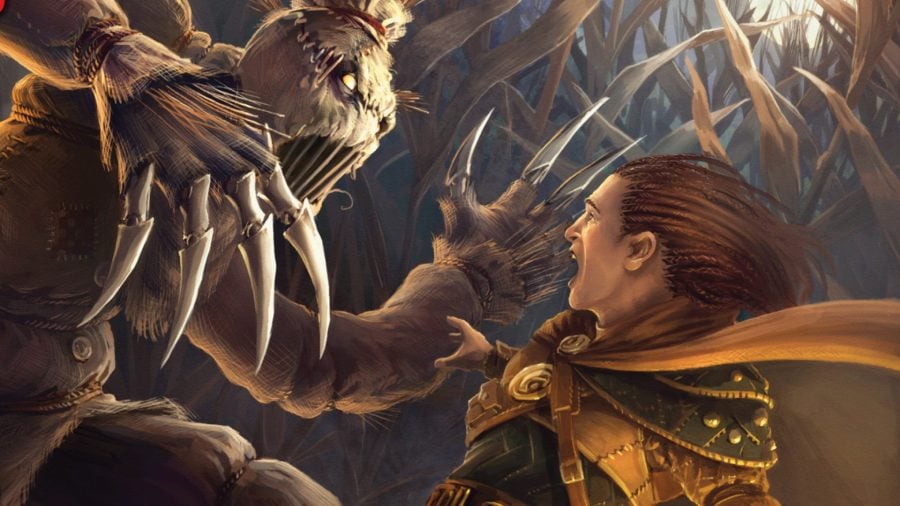
Constitution
Can your character shrug off an axe blow, or are they blown over by a light gust of wind? Constitution is a measure of your character’s endurance, their ability to take a hit and keep on pushing. You’ll use it for resisting the effects of a poison (or alcohol) or for trudging through a snowstorm.
Constitution is important to the art of staying alive
The key thing this stat determines is your character’s health, so if you don’t want to end up dead, having a good Constitution score can only be a good thing. The way this typically works is you’ll add your Constitution modifier to each hit dice rolled when determining your HP. If your Constitution modifier changes later, you can retroactively boost your max HP as if this had always been your modifier.
Constitution is not really a primary stat for any class, but if you’re a Barbarian or Paladin and are planning to fight in the frontlines, soaking up hits, you’ll certainly want a good Constitution score. A Sorcerer may also get good use from a high Constitution, as this class uses lots of ‘concentration spells’, spells that can be maintained for multiple turns, and interrupted by enemy attacks. A Constitution saving throw can prevent these interruptions.
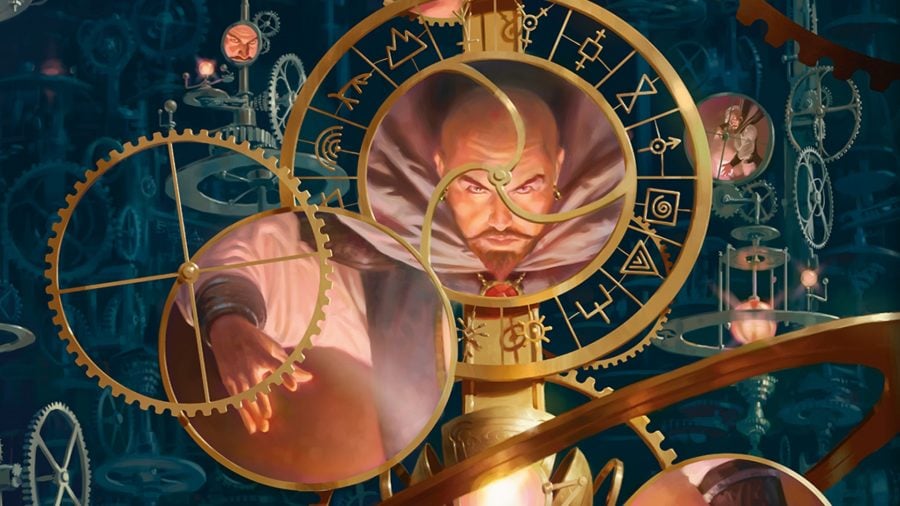
Intelligence
Can your character speak seven different languages, or were they snoring at the back during school? The Intelligence stat determines how clever your character is, how much they know, and their ability to use logic and reasoning. You’ll use it for knowledge checks, recalling details about history or the natural world.
Marvellous Magics: The best DnD 5e spells
Wizards and Artificers use Intelligence as their spellcasting ability, which means these classes rely on their Intelligence modifier to determine the saving throw DCs of their spells. Spells that use attack rolls also use a class’s spellcasting ability modifier, so if you want to hit a water elemental with a Ray of Frost, you’ll need a decent intelligence score.
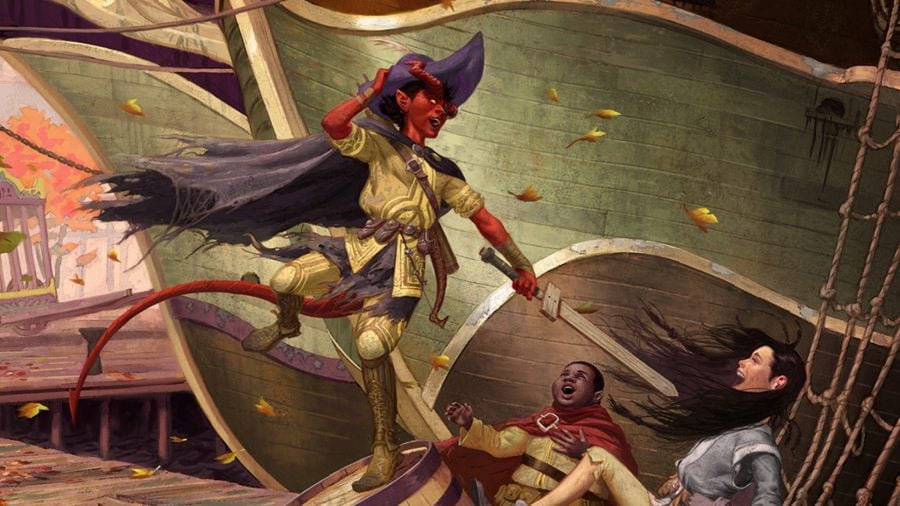
Wisdom
Can your character perform Holmes-like analysis of a crime scene or social situation, or are they lost in their own little world? Wisdom is one of the trickier stats to grok in D&D. It’s not obvious from the name what this ability score represents. Basically, Wisdom is your character’s awareness and intuition, of other people and of the environment. You’ll use it for Perception and Insight checks, to spot traps or hidden foes and work out an NPC’s intentions.
Wisdom is the spellcasting ability used by Rangers, Clerics, and Druids, so you’ll want to bump this stat however you can if you’re playing one of these classes. That stat determines your skill in animal handling and medicine, which ties in nicely.
Charisma
Is your character the belle of the ball, or are they unlikely to get an invite? Charisma determines how your character fares in a social situation, and how likely it is a random stranger will like them. You’ll use it for lying to, cajoling, intimidating, or persuading other people. This stat doesn’t come up much in combat for most classes, but in social situations when roleplay is taking place, Charisma comes to the fore.
Once again, this ability score has spellcasting uses. The classes that utilise Charisma as their spellcasting stat are: Sorcerer, Bard, Paladin, and Warlock.
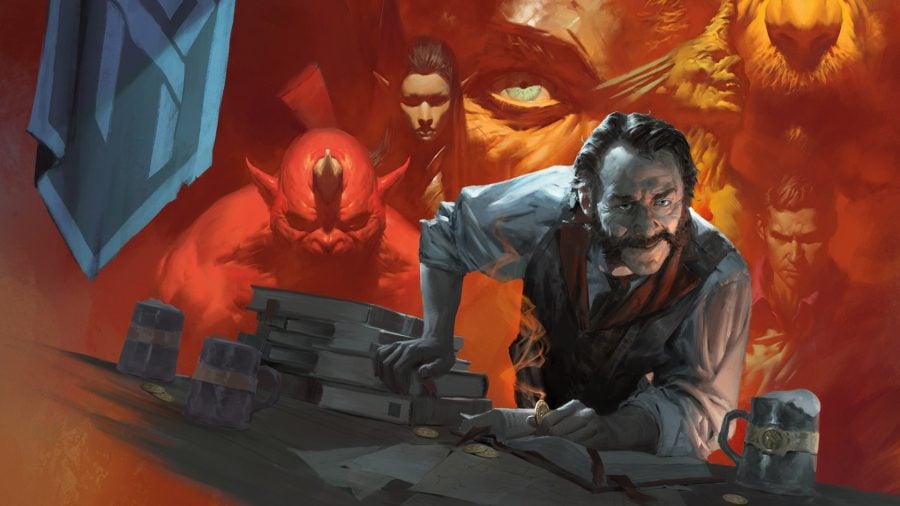
D&D stats and modifiers
As we’ve already mentioned, there are two numbers to worry about when it comes to D&D stats. You’ve got your ability scores, and each of these determines an ability modifier, the value that actually gets added to most rolls. In gameplay terms this means DMs can hand out bonuses to stats fairly generously, as it won’t have that much of an impact until your modifier changes. The table below shows how to calculate your modifier for each stat.
| Ability Score | Ability Modifier |
| 1 | – 5 |
| 2-3 | – 4 |
| 4-5 | – 3 |
| 6-7 | – 2 |
| 8-9 | – 1 |
| 10-11 | +0 |
| 12-13 | +1 |
| 14-15 | +2 |
| 16-17 | +3 |
| 18-19 | +4 |
| 20-21 | +5 |
| 22-23 | +6 |
| 24-25 | +7 |
| 26-27 | +8 |
| 28-29 | +9 |
| 30 | +10 |
Source: Wargamer




